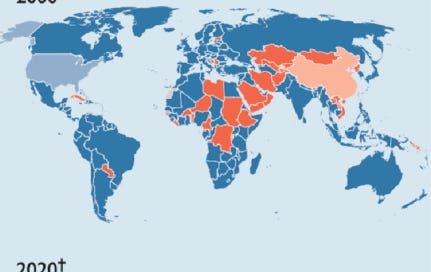
CX and the imago Dei
Organizations are reinventing themselves around the customer experience (CX). This means they create relevant, personalized experiences for the customer, like using your last order to inform your next one, displaying products that you might be looking for, or, of course, plain old good customer service.
When CX is done right, according to consulting firm Accenture, those organizations outperform their peers by a healthy margin.
Focusing on the customer experience, and its cousin user experience (UX) I wrote about months ago, is really just reviving a person’s dignity. That person just so happens to be the customer.
There’s an old theological term for emphasizing the dignity of human beings. It’s called the imago Dei, or the image of God.
Essentially this phrase means that God has placed his “image” into his creation, specifically human beings. We are his representatives, set apart from the rest of his created order to be more like him than other creatures. That’s why we have imaginations, language, creativity, and moral consciences, among other things.
Throughout history the imago Dei has shaped much of what we believe about humanity. Are we basically, inherently good? Why do we do bad things? Where did we come from? Where is our destiny?
Some argue that the doctrine of the image of God influenced abolitionism and Enlightenment ideals like human rights, restoring the dignity of all people. Theologians have argued about the meaning of this doctrine for thousands of years, resurfacing the debate in different contexts to solve specific problems.
It seems that the talk around CX is functioning in the same way, albeit on a much smaller scale. For decades large organizations have not seemed to care much about their customers—we are numbers on a spreadsheet, and alienating several million of us is an “acceptable loss” or simply “customer attrition.”
By restoring CX initiatives, companies are emphasizing something theologians knew long ago:
We bear the image of God, and every person—whether employees or customers or the disadvantaged in far-reaching communities—deserves dignity and respect. We are all God’s people.
Thanks for reading.










